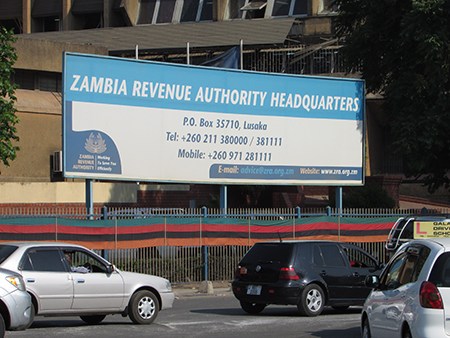The Bankers Association of Zambia BAZ says circulation of Fake bank notes creates market destruction if perpetrators are not brought to book.
BAZ Chief executive officer Leonard Mwanza says counterfeit notes increase inflation and money laundering and, in the end, distort the economy.
He has disclosed that original notes have features which the fake notes do not have which he has advised members of the public to familiarize themselves with to avoid falling prey to counterfeiting.
Mr. Mwanza also says the introduction of the New Notes by the Bank of Zambia will help fight the scourge as they come with enhanced security features that cannot be duplicated.
He says the notes will not replace the old notes but will be in circulation side by side further adding that the lower value notes are already in circulation, while the ten, twenty and fifty kwacha notes are expected to be in circulation after November 10.
Mr. Mwanza says the final phase of circulating the one hundred kwacha not is expected to take course before the year ends.
Categories:
Editor's Picks
Circulation of Fake bank notes creates market destruction – BAZ








